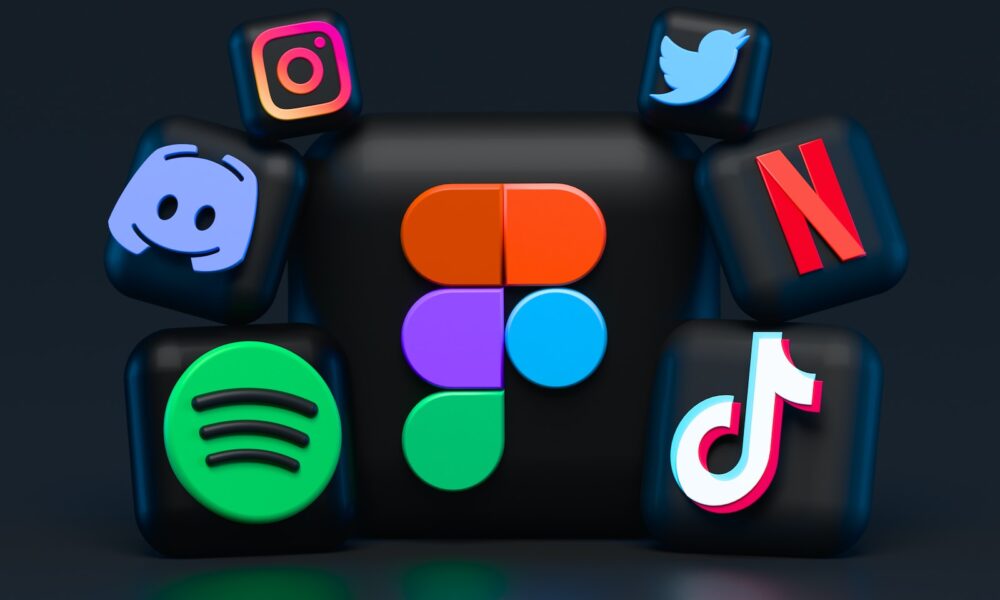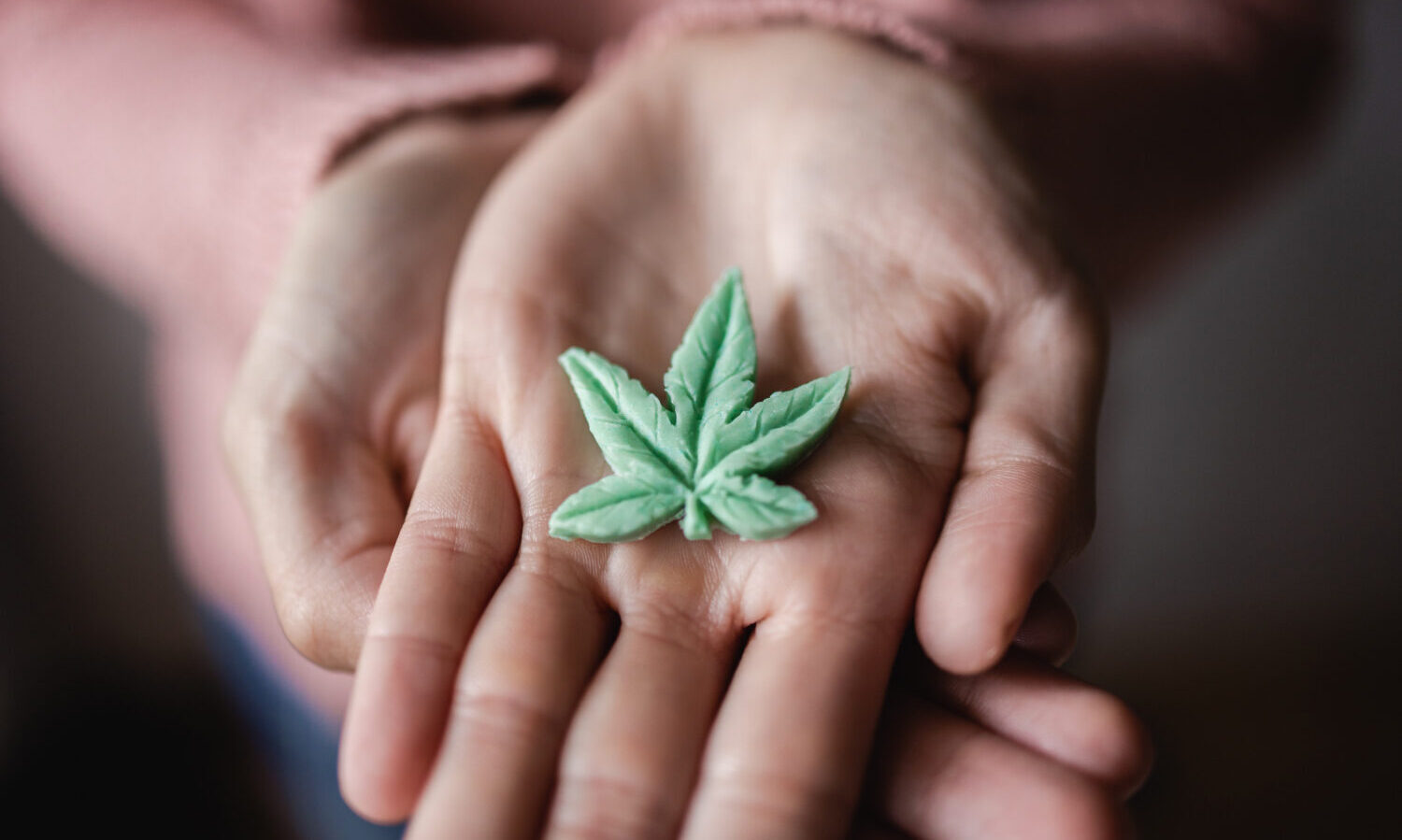Business
Social Media And Marijuana, Ugh

X, Insta, TikTok, all have different takes/values on cannabis…
Twitter becoming X has been big news, the global online chatroom has been stirring the pot since Elon Musk acquired the company for $44 billion. In February of this year, Twitter (now X) updated its advertising policy to allow cannabis ads on the platform in states where cannabis is legal. A huge win for market and makes them a rarity. It seems social media and marijuana, ugh when it comes to growing the industry.
With 90% of the public ok with some form of legal cannabis, you would think social media would be more accepting. But actually, marijuana falls into a similar category as alcohol with some of the largest players.

Here is a quick review of the policies.
Meta prohibits the advertising of cannabis, topical CBD, ingestible hemp products, and CBD products such as hemp seeds and ingestible CBD. However, Meta now allows limited CBD and hemp advertising on apps like Facebook and Instagram for educational, advocacy, and public service announcement purposes.
Meta allows alcohol advertising under certain restrictions and with strict guidelines.
TikTok
TikTok prohibits paid advertising for cannabis.
TikTok prohibits ads promoting alcoholic beverages such as wine, beer, spirits, etc. They also prohibit ads for alcohol clubs/subscription services, alcohol making kits, and alcohol-sponsored events
YouTube
YouTube’s policies prohibit content that endangers the emotional and physical well-being of minors, including promoting products that contain drugs, nicotine, or controlled substances. YouTube’s policies also consider the nature of the upload, such as whether it is educational, documentary, scientific, or artistic in nature.
As of June 2021, YouTube no longer accepts Masthead Ads from certain verticals, including alcohol.

A study demonstrates the ways in which cannabis is promoted on social media apps, and how this has opened up the market to include people who don’t fit the typical stoner stereotype.
The study, published in Crime, Media, Culture: An International Journal, found that women have slowly introduced themselves into the equation, disrupting what’s traditionally thought of as a cannabis consumer. These women promote cannabis in different ways, incorporating it into their daily lives and activities.
Researchers used Instagram as their social media platform of choice, analyzing illegal sellers in Switzerland with “cannabis influencers” in the U.S., and spotting their differences. Researchers found that cannabis influencers were challenging what has long been considered appealing to cannabis markets, something that could have a global impact.
“Our findings show that cannabis influencers on Instagram are changing the stereotypical characteristics of illegal cannabis culture as being almost entirely dominated by men, to one where cannabis is represented as a desirable accessory in certain feminine lifestyles,” write the study’s researchers. These influencers painted cannabis as an activity that can be pursued by mothers, people who are invested in their physical and mental health, and more.
Study authors recognize how cannabis influencers have had to get creative on platforms like Instagram considering how the app prevents its sale and censors its content. In their posts, influencers make it clear that they’re not selling cannabis and are simply endorsing it, tying it to appealing images and to a lifestyle that other people are interested in replicating.
“When cannabis is marketed by legal influencers rather than illegal dealers, we find a shift in the use of symbols related to amateurism versus professionalism, intimacy and lifestyle and argue that these changes are bound up with how the influencers do gender differently than sellers,” explain the researchers
Marijuana use has evolved over the years, becoming less of a taboo topic and something that can be discussed and consumed openly. In places where the drug is legal, it makes sense social media always promotion as something that’s just another activity to partake in.
Source: https://thefreshtoast.com/cannabis/social-media-and-marijuana/